Conversión a GNV
¿Qué es el Gas Natural Vehicular?
El Gas Natural que utilizamos en nuestros hogares y empresas también es utilizado como combustible vehicular, este a diferencia de el gas que consumimos en nuestros hogares, es comprimido y acondicionado de acuerdo a estándares técnicos para ser almacenado en cilindros de alta resistencia y poder ser utilizado en los vehículos.
Casi cualquier vehículo de motor de combustión interna puede ser adaptado para utilizar un gas como combustible, concretamente Gas Natural Comprimido, en lugar de un combustible líquido como la gasolina.
La adaptación consiste básicamente en incorporar:
- Los tanques de alta presión para almacenar el gas natural.
- Un sistema de inyección especial, para la gasolina y para el gas.
- Un sistema electrónico de gestión del motor un poco diferente, para elegir entre gasolina o gas natural, ya sea automáticamente, por la temperatura, ya sea manualmente, a elección del conductor.
- Un chip para controlar que el propietario de vehículo realice las revisiones normativas.
- Y en algunos casos otros cambios, como por ejemplo refuerzo del asiento de válvulas, o diferentes segmentos de los pistones.

Economía
El gas natural vehicular es más económico y ofrece un mejor rendimiento por metro cúbico que otros combustibles como gasolina y acpm.

Cuida el Medio Ambiente
El Gas Natural es el combustible fósil más limpio, pues emite menos concentraciones de dióxido de carbono que otros combustibles.

El GNV no produce residuos de carbón, no forma sedimentos, ni lava las paredes de los cilindros, aumenta la vida útil del motor, bujías, filtros y aceite.

Fácil Conversión
Para que los motores a gasolina puedan funcionar con GNV necesitan ser adaptados incorporándoles sencillos kits de conversión. Como ventaja adicional, los vehículos conservan una condición dual y así operar indistintamente con gasolina y GNV.
